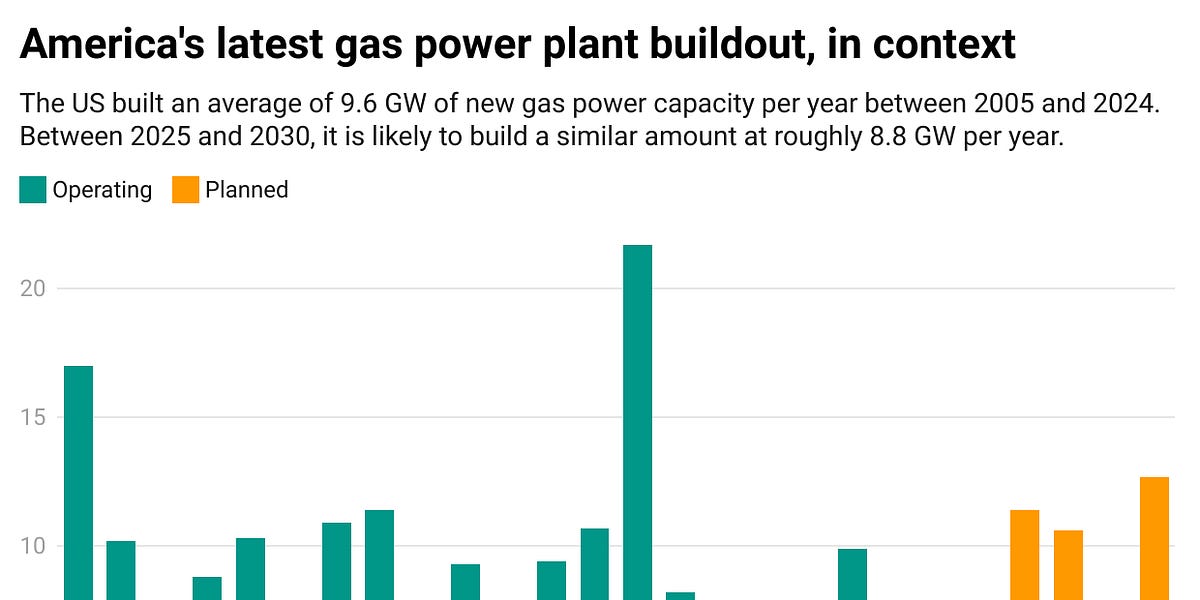Photo: 123rf
This audio is not downloadable due to copyright restrictions.
Earlier this year, OpenAI chief executive Sam Altman expressed concerns about the impact of artificial intelligence on older workers.
"I think it's totally true that some classes of jobs will totally go away. This always happens, and young people are the best at adapting to this," said Altman.
"I'm more worried about what it means, not for the 22-year-old, but for the 62-year-old that doesn't want to go retrain or reskill or whatever the politicians call it that no one actually wants but politicians in most of the time."
Sam Altman, the CEO of OpenAI, the company behind ChatGPT, testifies before a US Senate committee. Photo: AFP / Getty Images
But a group of "older" adults are shaping their own narrative on their story with technology.
Katharine Broughton is one. She is in her fifties and has started using AI in her consulting company.
"So she [the AI assistant] was like my junior assistant by my side to help me with those more mundane tasks.
"But complexity and critical thinking is still something that I own. I would get her to help with drawing out different areas and allow me to have a bit more oversight."
And to help her on the way, she's taking a short course with the adult education company academyEX. Founder Frances Valintine said 44 percent of those who enrolled in her last cohort were aged over 50.
"From a year ago, when I was engaged with organisations, they always sent their tech people along. So it was like the tech guys in their 20s and 30s.
"And now it's completely gone the other way. It's gone to people who are having to make big decisions on multiyear, huge infrastructure projects or big decisions around strategy."
AcademyEX Founder Frances Valintine. Photo: academyEX
She said that compared to past tech advancements, AI was the easiest to learn.
"It's not like in the early days when you had to write command prompts to get your computer to work.
"Basically, you can't break AI. The more you play with it, the more you use it, and you'll get to understand the prompt process, which is basically writing a question and asking and interacting."
Plus, older adults have an advantage in the game.
"Someone older has a massive benefit because in the end, every part of AI you still need a human in the loop."
For example, someone who has more than 10 years of experience in the pharmaceutical industry will be far more capable at identifying anomalies in an AI-generated report, compared to a 20-year-old who has only started their career, Valintine said.
While the course costs $450, Valentine said it would reap rewards in the future.
"Inequality already exists for digital inequality. We already have a massive difference between people who have devices and connectivity and people who don't. I think the difference between AI is not the cost of AI. Because the tools themselves are predominantly free.
"I think inequality is about people realising they need to know this, so it's going to be knowledge inequality. There are many education platforms which are free. There's so much free content out there, and a lot of that stuff is where I get my inspiration from."
RNZ asked adults in Auckland about their relationship with AI.
David is spending his retirement starting a new business and using AI to help.
"A small business owner doesn't have all the skills to cover the whole base. They've got to find ways to be more productive. AI is the way to do that.
"I did [manually] some documents this morning. And then I used AI. It produced a better document. It did more research than I could ever have done or would have taken me days or weeks to do, something that AI did in just an hour."
Maureen is 72 and said she was is in two minds about the technology.
"I try to remain positive and not be frightened by AI. I think in so many areas it can be great, particularly in the medical area. I do wonder about people's jobs. There'll be no job for them.
"And I think this is all going to happen really quickly in 10 to 20 years. For those going to be made redundant, what will they be doing? Society will be quite different."
Sixty-six-year-old architect Michael said AI was a helpful tool in his line of work.
"We use it quite a lot within our team here. I think it takes a lot of drudgery away from repetitive tasks.
"I think there is a risk with it, though, that we forget how to do some of those things."
Ronda runs a fashion business in her retirement and is sceptical.
"Very suspicious about it and a little bit scared about it. Because [of] how it can generate artificial human activity that can portray somebody when it is not that person.
"We're in a period of so much fake news, and now we're moving into an area of fake image. I would like to know more about why they see the need for it and how it can benefit our lives. That's the important thing."
Broughton believes ultimately, it's how you use AI that matters.
"I think there's a lot of fear surrounding AI because people see it as a replacement, and perhaps I did think that when I began this journey with AI. But you still need to know why you're using it.
"My biggest insight to that was while I was studying, I had an AI assistant that I'd created to help me, and she let me down.
"She let me down on a couple of occasions, and what that really did to me was kind of make me work hard to understand what my role was in the process."
Sign up for Ngā Pitopito Kōrero, a daily newsletter curated by our editors and delivered straight to your inbox every weekday.
.png)







